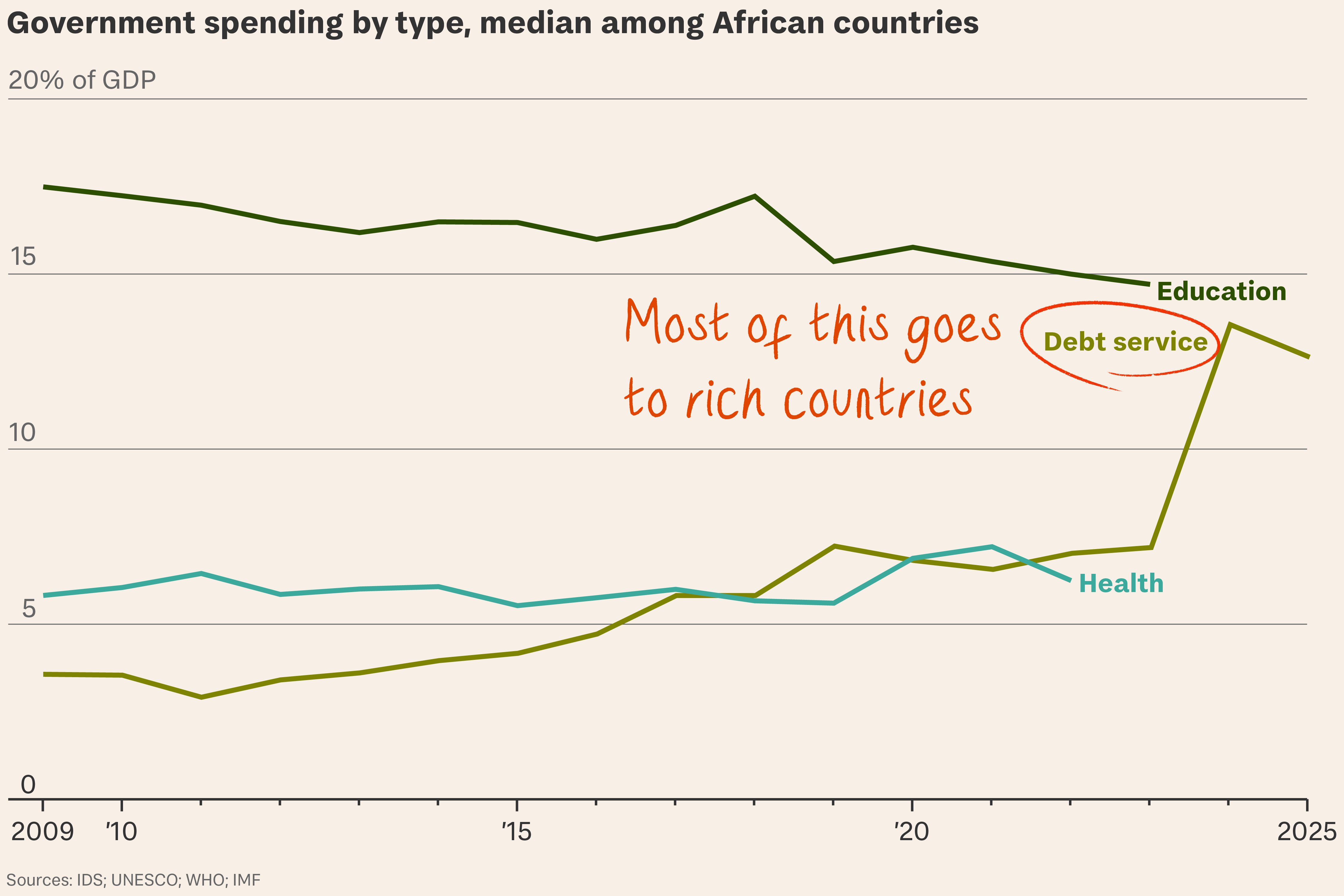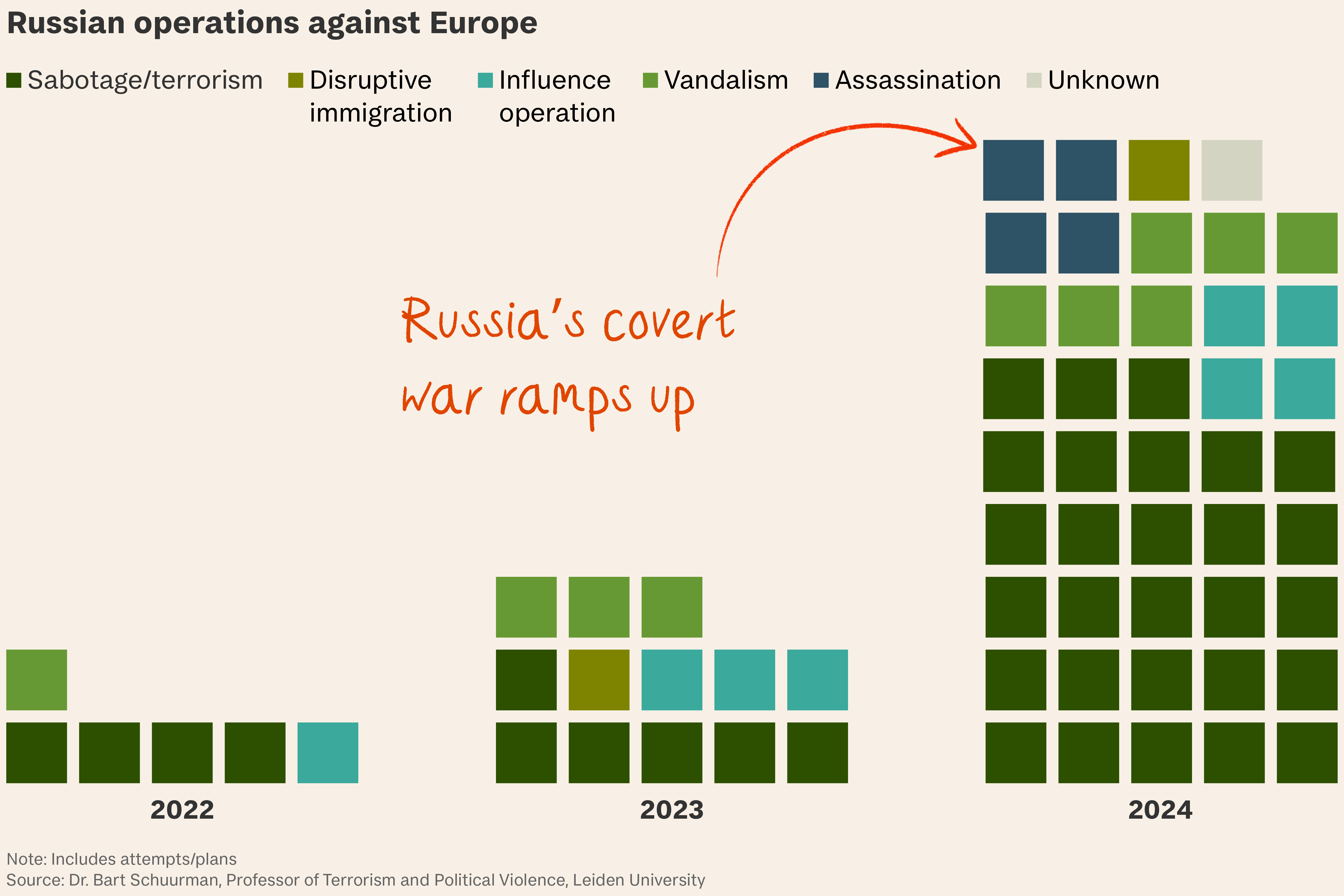Elon Musk may have met his match in a fight he’s picked with Brazil. Alexandre de Moraes, chief justice of Brazil’s supreme court, has ordered X to block accounts accused of spreading false news and hate. In response X has shut down its Brazil offices, though the platform is still accessible there online. De Moraes is a polarising figure who’s jailed people for posting threatening language and been accused by Musk of undermining Brazilian democracy. He has extensive support from citizens who blame social media in part for Brazil’s failed 2023 coup attempt, but by targeting individuals on the right he’s exacerbated their tendency towards victimhood. He joins a growing group of bureaucrats taking on X’s owner around the world.
Thierry Breton, the EU’s commissioner for internal market and services has been investigating X for years out of concern for the spread of misinformation, and last month he said X’s blue check system did not comply with European law. Breton and Musk have sparred extensively on X, but the real conflict will come in an EU court. X faces a maximum fine of 6 per cent of its global income (which according to X’s most recent filings could be as much as $180 million).
Like other platforms, X does have the option to comply. Earlier this month TikTok agreed to remove a feature from its app that incentivised app usage, the first test case of the EU’s online regulations. Musk, unwilling to back down from a fight, has said he looks forward to “a very public battle in court, so that the people of Europe can know the truth”.
Such clashes play into Musk’s hand: he loves to clap back at his supposed enemies, and his fans love to watch. The slow process of international law may not be the hero the internet wants, but it may be the hero it gets.










